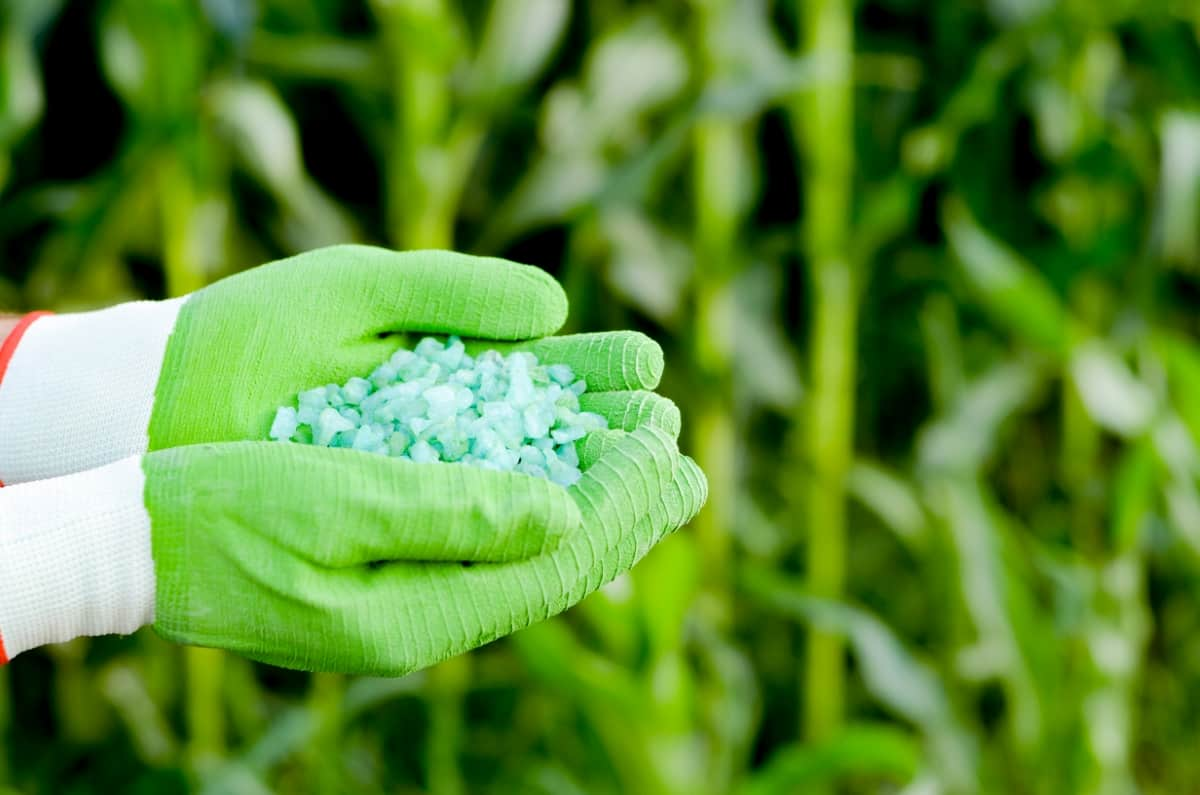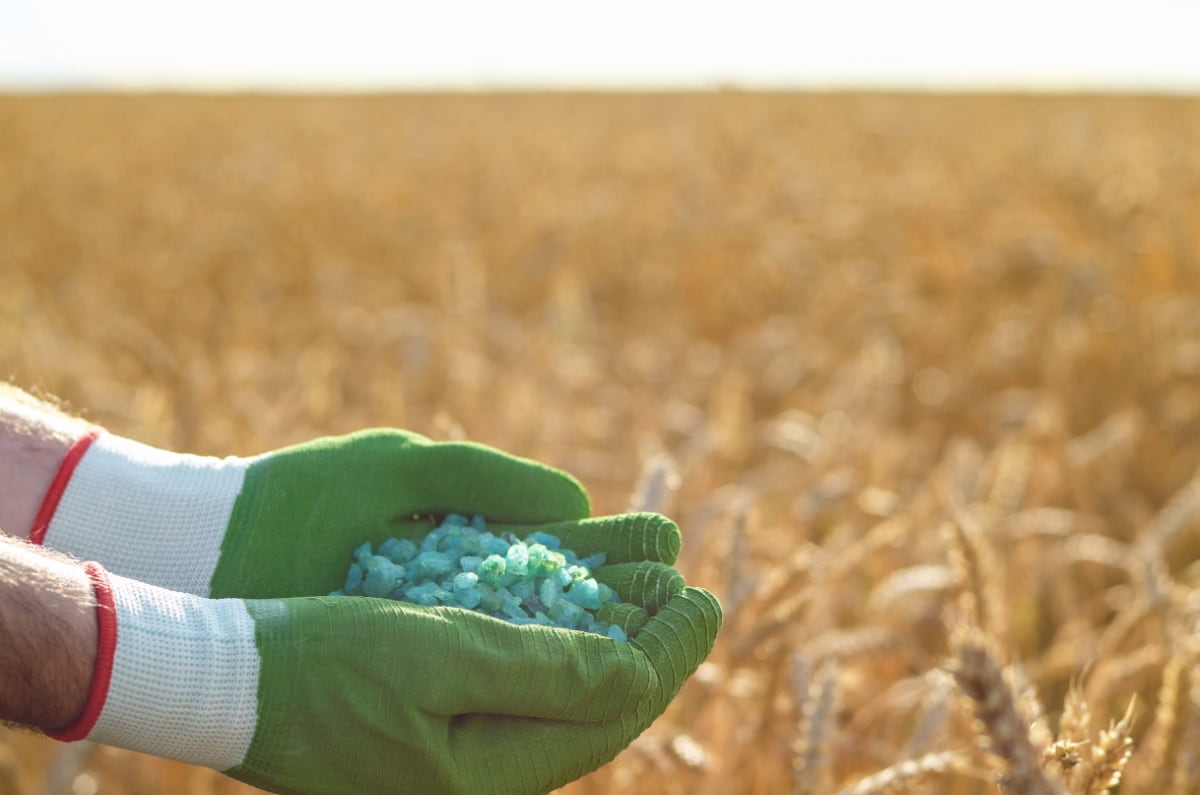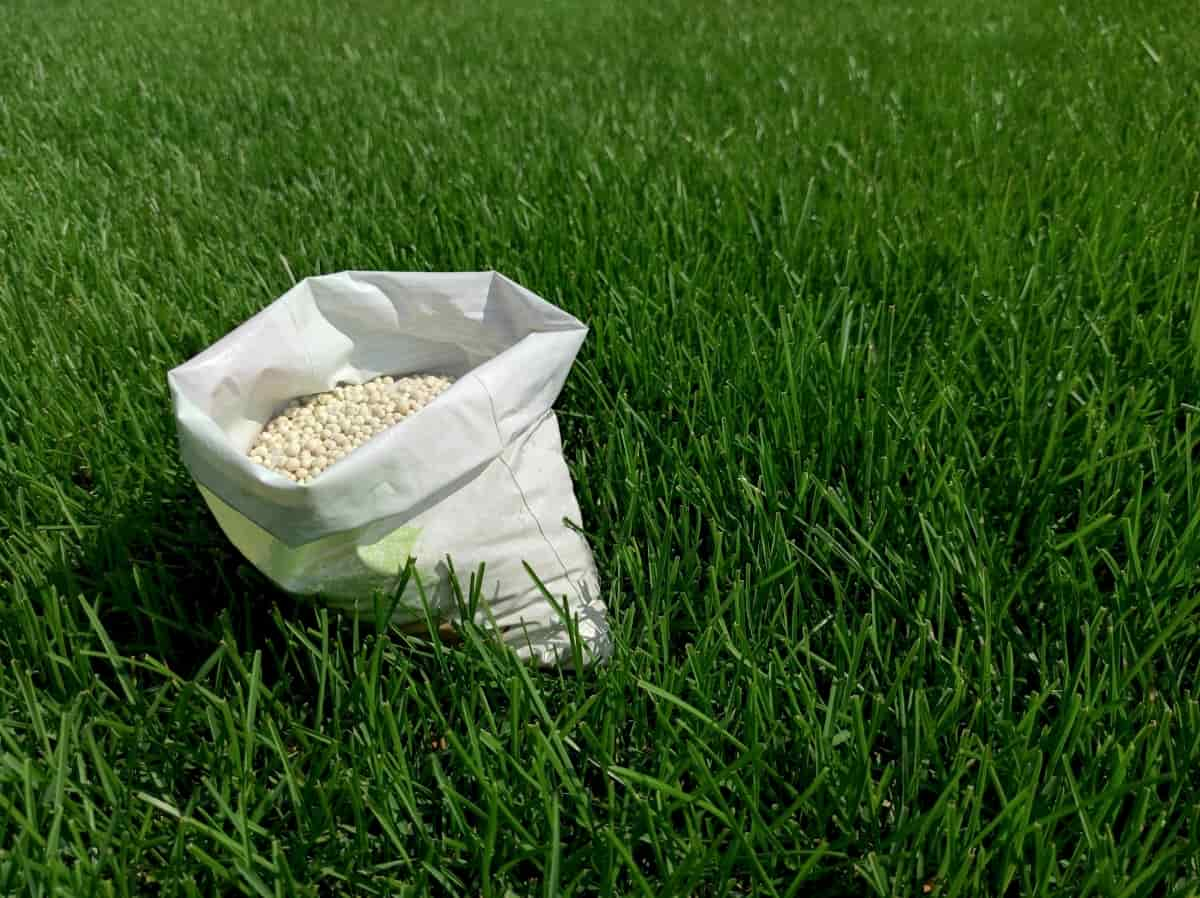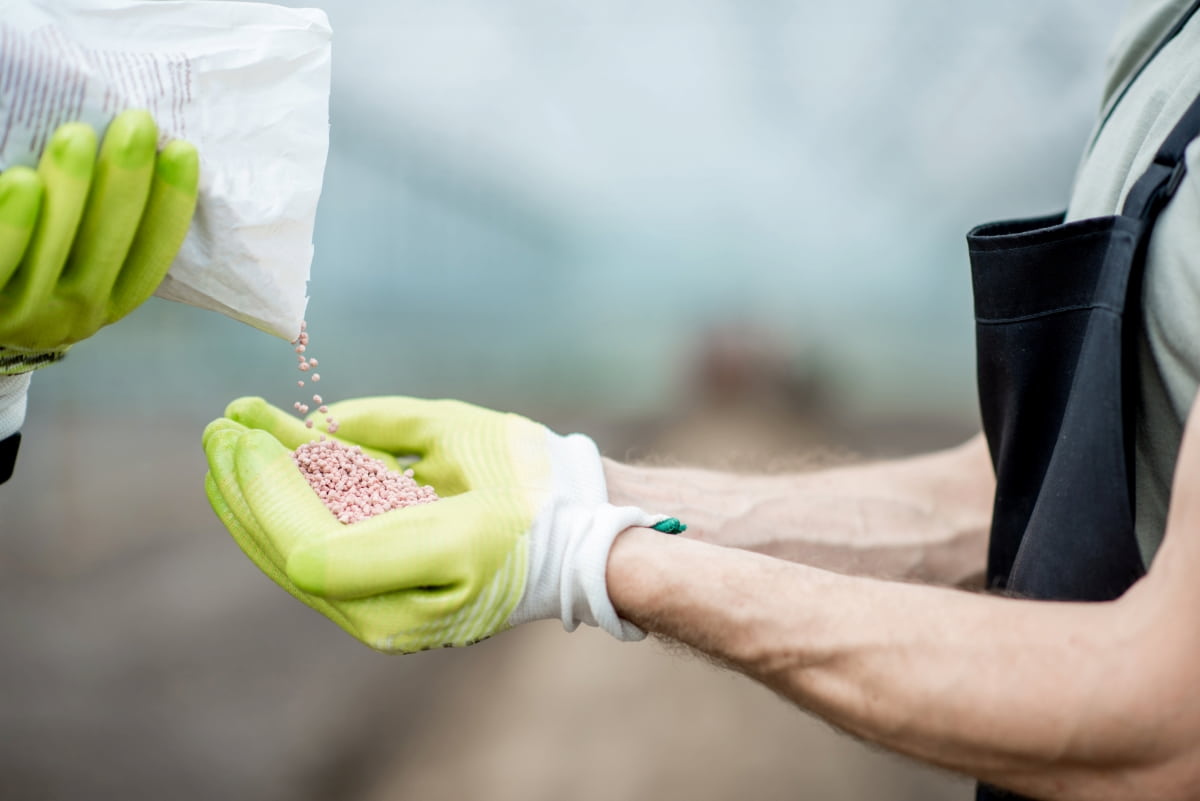India, a significant producer of agricultural products, must contend with issues like low productivity, degraded land, scarce water supplies, market instability, and climate change. In response, the government has implemented a number of policies and initiatives aimed at giving farmers financial support for better agricultural methods, enhancing soil health, raising crop yields, and ensuring food security.

Fertilizer Subsidy Programs in India
Natural Farming Scheme
The Natural Farming Scheme (NFS) seeks to lessen reliance on chemical pesticides and fertilizers and to encourage organic farming. The program offers a 50% cost subsidy for organic inputs, including green manure, vermicompost, biopesticides, and fertilizers. The plan also encourages the creation of resource centers for organic farming, organic input production facilities, and agencies for organic certification. The NFS covers all crops, as well as all Indian states and union territories.
Soil Health Card Scheme
All farmers in the nation will receive soil health cards thanks to the 2015 launch of the Soil Health Card Scheme (SHCS). The farmer’s land’s nutrient status, pH level, organic carbon content, and soil type are all detailed in the soil health card. The plan also offers suggestions for the kind and quantity of fertilizers that should be used to ensure the best possible crop development. The program’s objectives are to increase agricultural productivity, decrease fertilizer waste, and improve soil fertility.
Rashtriya Krishi Vikas Yojana (RKVY)
The Rashtriya Krishi Vikas Yojana (RKVY) is a flagship program of the government of India that provides financial assistance to state governments for implementing various projects and activities related to agriculture and allied sectors. The RKVY covers a wide range of interventions such as crop diversification, irrigation development, farm mechanization, seed production, agro-processing, marketing infrastructure, animal husbandry, fisheries, horticulture, and forestry. The RKVY aims to increase the income and welfare of farmers and ensure sustainable agricultural growth.
Paramparagat Krishi Vikas Yojana (PKVY)
The Paramparagat Krishi Vikas Yojana (PKVY) is a part of the RKVY that supports traditional and native farming methods like homeopathic farming, zero-budget natural farming (ZBNF), and panchagavya farming. The scheme provides a subsidy of Rs. 50,000 per hectare for three years to farmers who adopt these practices. The scheme also supports the formation of clusters of farmers who practice organic farming and provides them with training, certification, and marketing support.
In case you missed it: Irrigation Subsidies for Indian Farmers: Subsidy for Drip, Sprinkler, and Micro-irrigation Systems

National Fertilizers Mission (NFM)
The National Fertilizers Mission (NFM) is a sub-mission under the National Mission for Sustainable Agriculture (NMSA) that aims to increase the availability and accessibility of fertilizers to farmers at affordable prices. The NFM has four components: balanced use of fertilizers, neem-coated urea, city compost, and soil amendments.
The NFM provides a subsidy of 75% of the cost of soil testing kits, micro-nutrient fertilizers, gypsum, and lime to farmers. The NFM also promotes the use of neem-coated urea, which reduces nitrogen loss and improves nitrogen use efficiency. The NFM also encourages the production and use of city compost, which is made from urban waste and improves soil organic matter and nutrient content.
Bhoomi Krishi Seva Kendra (BKS)
The Bhoomi Krishi Seva Kendra (BKS) is an initiative of the Ministry of Agriculture and Farmers Welfare that aims to provide a one-stop solution for all the agricultural needs of farmers. The BKS is a network of service centers that offer various services such as soil testing, fertilizer recommendation, seed distribution, crop insurance, farm credit, extension services, market linkages, and grievance redressal. The BKS also provides digital platforms such as mobile apps and web portals for accessing these services online.
Sustainable Agriculture Mission (SAM)
The Sustainable Agriculture Mission (SAM) is a sub-mission under the NMSA that aims to promote climate-resilient agriculture and limit greenhouse gas emissions from the sector. The SAM has three components: rainfed area development, climate change adaptation and mitigation, and on-farm water management.
The SAM provides financial assistance to farmers for adopting practices such as integrated farming systems, agro-forestry, conservation agriculture, organic farming, crop diversification, and water harvesting. The SAM also supports the development of climate-smart villages, where farmers are trained on climate-resilient technologies and practices.
Green Revolution Kisan Credit Card (GRCSC)
The Green Revolution Kisan Credit Card (GRCSC) is a special type of Kisan credit card that provides easy and timely credit to farmers for purchasing fertilizers and other inputs. The GRCSC has a higher credit limit and lower interest rate than the regular Kisan credit card. The GRCSC also provides incentives to farmers for using neem-coated urea, organic fertilizers, and micro-nutrients. The GRCSC also covers the risk of crop failure due to natural calamities and, pests and diseases.
In case you missed it: Organic Farming Subsidy and Financial Assistance by the Government of India

National Food Security Mission (NFSM)
The National Food Security Mission (NFSM) is a centrally initiated scheme that aims to increase the production and productivity of food grains, especially rice, wheat, and pulses. The NFSM assists farmers in adopting improved varieties, quality seeds, balanced fertilizers, integrated pest management, farm machinery, and irrigation facilities. The NFSM also supports the creation of seed hubs, seed villages, demonstration plots, and farmers’ field schools.
Per Drop More Crop (PDMC)
The Per Drop More Crop (PDMC) is a sub-component of the Pradhan Mantri Krishi Sinchayee Yojana (PMKSY) that aims to enhance water use efficiency and water productivity in agriculture. The PDMC provides a subsidy of 55% of the cost of micro-irrigation systems such as drip and sprinkler to farmers. The PDMC also supports the adoption of fertigation, which is the application of fertilizers through irrigation water. The PDMC also promotes the use of soil moisture sensors, water meters, and weather-based irrigation scheduling.
Frequently Asked Questions on Fertilizer Subsidy Programs in India
What Types of Fertilizers are Covered Under Subsidy Programs?
Subsidy programs in India cover various fertilizers, including nitrogenous, phosphatic, and potassic fertilizers, essential for balanced crop nutrition.
How Do Farmers Avail Themselves of Fertilizer Subsidies?
Farmers can avail of fertilizer subsidies through authorized dealers by providing necessary documentation, such as land records and identification.
Are There Any Eligibility Criteria for Farmers to Receive Fertilizer Subsidies?
Eligibility criteria may vary, but generally, farmers who own agricultural land and fulfill specific criteria set by the government are eligible for fertilizer subsidies.
In case you missed it: Polyhouse Farming Cost, Subsidy, and Project Report

Conclusion
These are some of the major fertilizer subsidy programs in India that provide financial assistance to farmers to improve their soil health, crop yields, and income. These programs also advance the objectives of sustainable agriculture, food security, and climate change mitigation. If you are a farmer or an aspiring farmer, you can avail yourself of these benefits by applying online or offline through the respective nodal agencies or service centers.
- Feed Your Flock for Less: Top 10 Tips to Save on Chicken Feed
- Ultimate Guide to Ossabaw Island Hog: Breeding, Raising, Diet, and Care
- Hatching Answers: The Top 10 Reasons Your Chickens Aren’t Laying Eggs
- Eggs and Economics: Breaking Down the Cost of Raising Backyard Chickens
- Defend Your Greens: Proven Methods to Keep Iguanas Out of Your Garden
- Ultimate Guide to Cinnamon Queen Chicken: A Comprehensive Guide for Beginners
- Ultimate Guide to California Tan Chicken: Breeding, Raising, Diet, Egg-Production and Care
- Ultimate Guide to Marsh Daisy Chicken: Breeding, Raising, Diet, and Care
- 10 Types of Chicken Farming Businesses You Can Start for Profits